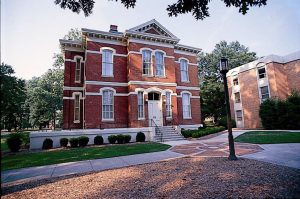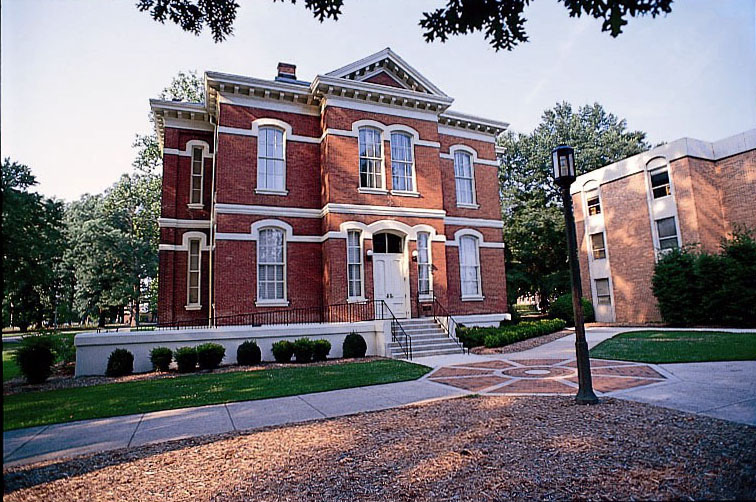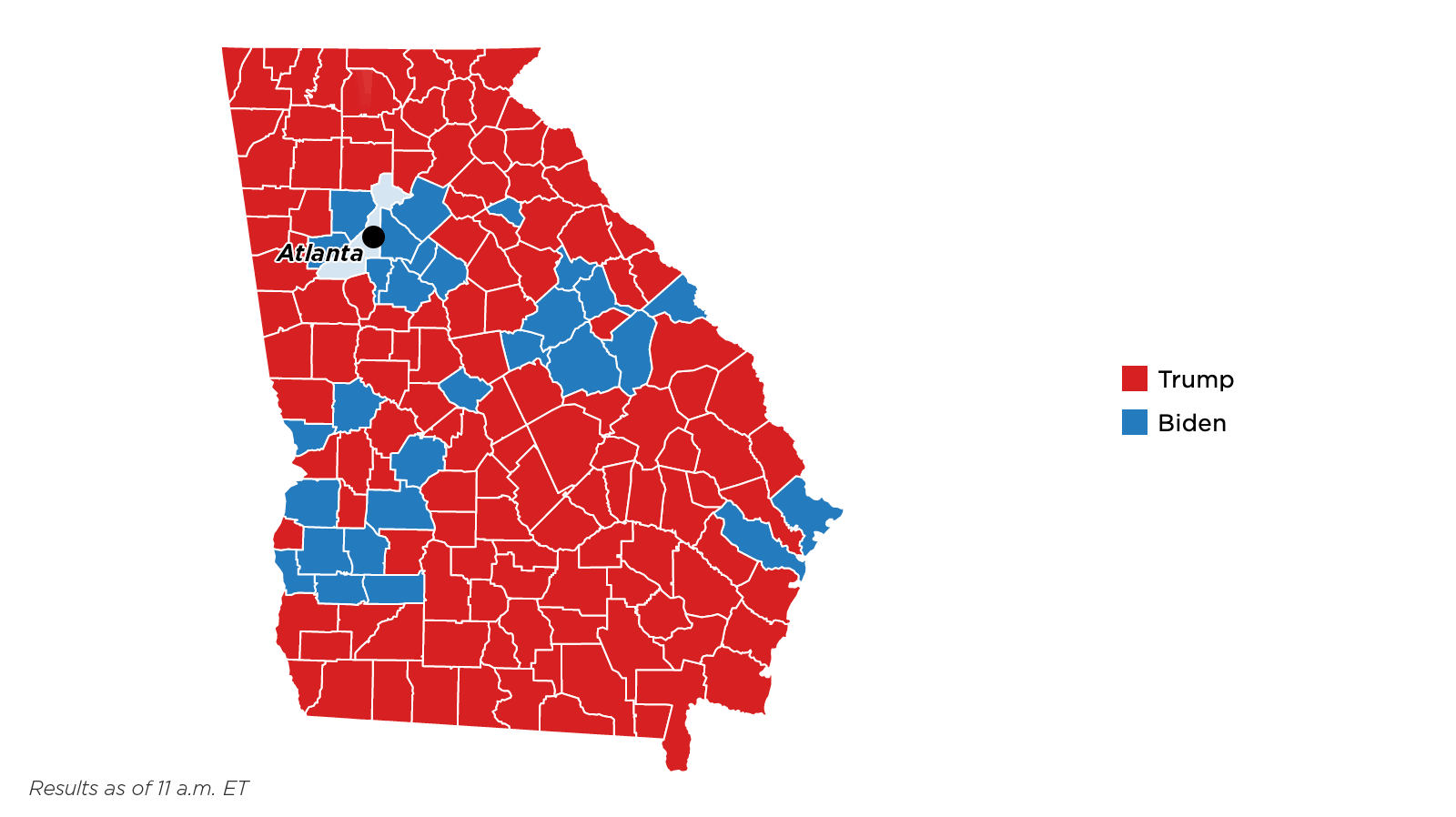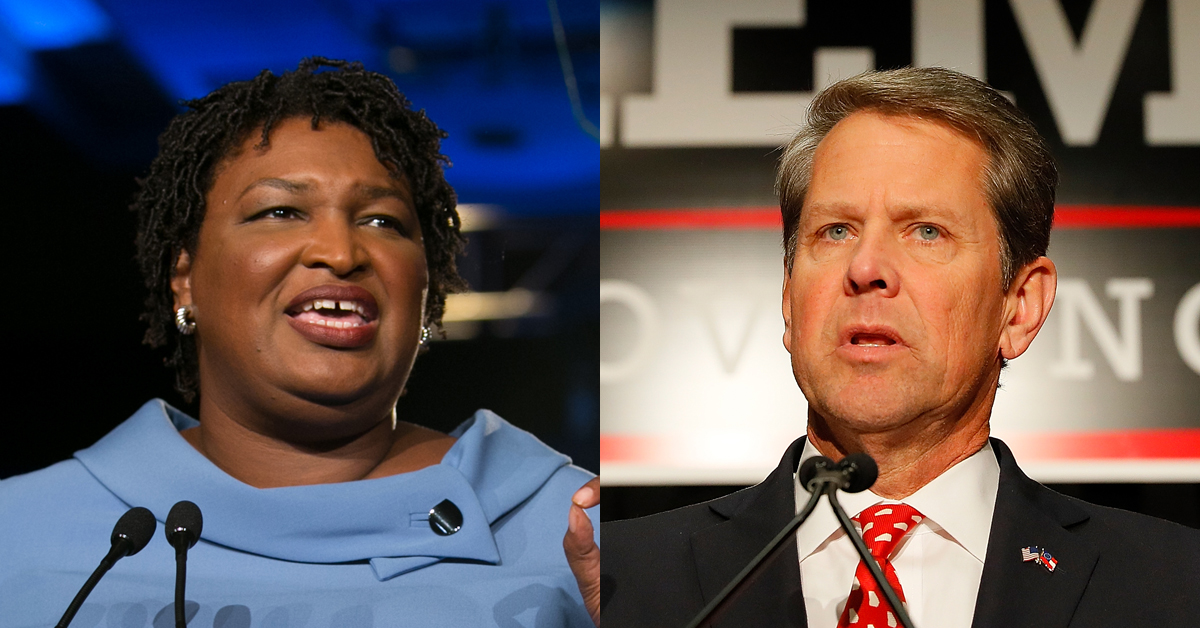By: Andrew Peoples

After a shocking primary election outcome that rattled the national Republican establishment, Central Virginia’s 7th District is gearing up for an unusual election for the fallen U.S. House Majority Leader’s congressional seat. One candidate is an economics professor whose papers read like evangelical sermons, the other, a professor of sociology whose website declares proudly that his current projects include a “vampire novel.” The professors not only teach at the same school, Randolph-Macon College in Virginia, but have even played on the same faculty basketball team. Welcome to the contest to replace Eric Cantor.
What might have been a prosaic congressional race found itself thrust suddenly into the national spotlight when Dave Brat, an economics professor operating on a modest campaign budget of $300,000, defeated House Majority Leader Eric Cantor and his $5.4 million war chest in the Republican primary election held in June. Hailed as a sign of the Tea Party’s continued relevance, Brat stands to the right of the firmly conservative Cantor. He opposes Obamacare, Roe v. Wade, and “amnesty” for illegal immigrants, and supports tax cuts and gun rights. Brat describes his religious views as Calvinist, and fills his economic papers with Christian ideology that other economists find confusing. Cantor may have actually helped Brat to his victory by depicting him as an ivory-tower liberal in negative campaign ads, which Brat dismissed, rightly, as a clear falsehood. Despite his clear views, Brat remains a political neophyte: when pressed in an MSNBC interview about his view on minimum wage, the economics professor confessed to not having “a well-crafted response on that one.” Brat also botched a question about Syria, and has refused all news media requests since that disastrous performance. The Tea Party savior has a long way to go if he wants to survive in Washington. But if Brat comes off like a political newcomer, he has nothing on his opponent.
Jack Trammell, who heads up Randolph-Macon’s disability support services, is an accomplished man. The father of seven children, he also owns a small farm, and has written two dozen books, with content ranging from military history to romance. A candidate who may have taken the Democratic nomination because no one else wanted it and because he could add it to his list of accomplishments, Trammell has now found himself in the spotlight as well. With the more extreme of the two Republican candidates emerging victorious from the primary, Trammell now has a greater probability of winning the election. This unexpected turn of events means that neither party is declaring victory in this race yet.
As he scrambles to launch a serious campaign, Trammell has revealed few clear policy stances, only accepting an interview with the New York Times on the condition that he would not be quizzed on policy. When he spoke to the Washington Post, the conversation revolved entirely around his works of fiction. Politico welcomed him to politics earlier this month by publishing out-of-context sentences from his romance novel, “Sarah’s Last Secret,” including gloriously awkward gems such as, “While they both pretended to be amazed at how good they both looked, tanned, a little heavier, and just as horny as ever, I sat down on a couch and absently flipped open the book on International Relations I had drug along for amusement.” While Trammell already faces an uphill battle in this conservative district, his first mission may be fighting to be taken seriously.
The upside to this sort of race, especially after an ugly primary, may be that the two former basketball teammates can avoid the mudslinging and scorched-earth tactics typical of so many congressional races. Trammell expressed hope for a “unique kind of campaign situation, where both our commitments to serving our community and the value of education can mesh with well-run political campaigns, and may the best man win.” He said that around he was aware of Brat’s conservative views before they found themselves running for the same seat, but that they never caused friction between them at Randolph-Macon. “Around here… we talk a lot about issues in the world and education and even delve into politics. In Dave’s case, no more than anyone else,” he explained.
The narrative of two candidates of limited financial resources pursuing higher office only through the strength of their appeals is unusual but welcome in today’s jaded political climate. In an era in which a recent study by Princeton and Northwestern Universities concluded that the United States is an oligarchy, not a republic, seeing two academic political novices cordially face off for election based on their ideals, whatever they may be, is a refreshing break from the norm. James Madison and Alexander Hamilton wrote in the Federalist Papers that the House of Representatives is meant to prevent the “sacrifice of the many to the aggrandizement of the few.” The House is meant to prevent oligarchy, they argued, by electing “men who possess the most wisdom to discern, and most virtue to pursue, the common good.” If it is difficult to believe that about every member of Congress, maybe this election between two colleagues will provide some evidence that elites cannot control everything in our political system.


